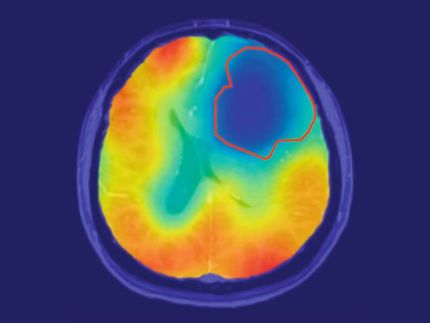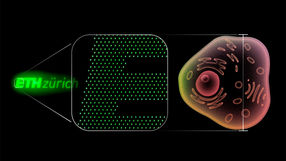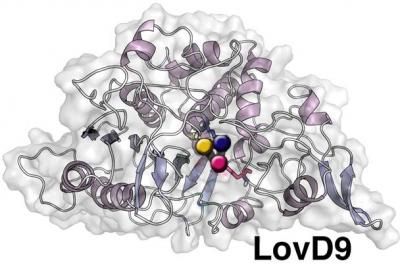New blood test determines whether you have or are likely to get cancer
New research suggests that white blood cells exposed to UVA light in agar, to induce DNA damage, can predict if one has or is at risk for cancer
A new research report published in the October 2014 issue of The FASEB Journal may make the early detection of cancer as easy as a simple blood test. This test, called the "lymphocyte genome sensitivity" (LGS) test, could not only detect some cancers earlier than ever before, but it may eliminate the need for some types of biopsies, as well as identify those more likely to develop cancer in the future.
"The test could allow earlier cancer detection, so helping to save peoples' lives," said Diana Anderson, a researcher involved in the work from the School of Life Sciences at the University of Bradford in West Yorkshire, United Kingdom.
To develop this test, Anderson and colleagues took blood samples from a group of people that included healthy individuals, cancer patients and people believed to be at a higher risk than normal to develop cancer. White blood cells (lymphocytes) in these samples were examined in a Comet test, by embedding the cells in a jelly-like substance, called agar, on a microscope slide. In this test, damage to the genetic material (DNA) of the cells was caused by treatment with ultraviolet (UVA) light. This damage was observed in the form of DNA pieces being pulled within the agar in an electric field toward the positive end of the field. This caused a comet-like tail, and the longer the tail the more DNA damage. Different thicknesses of the agar were applied to the slides. In healthy people, as different thicknesses were added, DNA-damaged tail responses returned to normal levels. In cancer patients, DNA-damaged tail responses remained high and in those people who might develop pre-cancerous diseases, tail responses were in between. This means that people with cancer have DNA which is more easily damaged by UVA than do other people, so the test shows the sensitivity to damage of all the genome in a cell. The LGS test has been used to examine blood samples from cancer patients with melanoma, colon cancer and lung cancer, and all gave the same outcomes.
"A blood test to detect cancer and determine one's risk for cancer is a game-changer," said Gerald Weissmann, M.D., Editor-in-Chief of The FASEB Journal. "A test like this – which is sophisticated in design and simple to perform - could make effective cancer screening available in places where traditional medical technology might not be available."
Original publication
Other news from the department science

Get the analytics and lab tech industry in your inbox
By submitting this form you agree that LUMITOS AG will send you the newsletter(s) selected above by email. Your data will not be passed on to third parties. Your data will be stored and processed in accordance with our data protection regulations. LUMITOS may contact you by email for the purpose of advertising or market and opinion surveys. You can revoke your consent at any time without giving reasons to LUMITOS AG, Ernst-Augustin-Str. 2, 12489 Berlin, Germany or by e-mail at revoke@lumitos.com with effect for the future. In addition, each email contains a link to unsubscribe from the corresponding newsletter.



















































